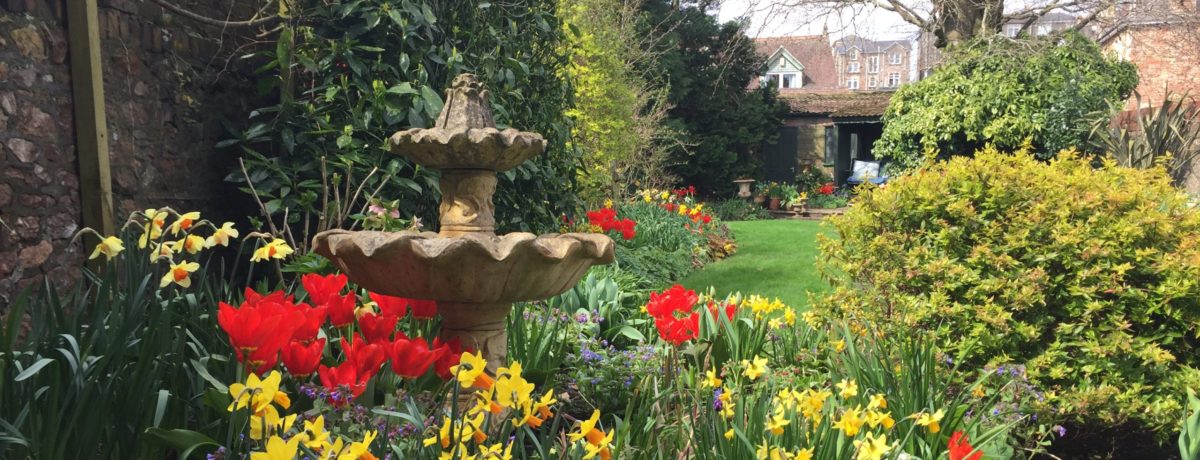Feest Isolation Days – 22 July
Let’s take a look at where we are with the science shall we? It would be good to know if there is any likelihood of this whole thing stopping anytime in the next few months wouldn’t it? The scientific news of the past few days has been exciting.
Sarah Gilbert (surely soon to be Dame Sarah!) who leads the Oxford vaccine group says that there is a possibility of rolling out a vaccine by the end of the year. However, in order to do that the initial promising results need to be shown to work in late stage trials. The vaccine has an excellent response rate in terms of inducing antibodies and cellular responses, and is safe, but the UK has so few cases of the disease floating around at the moment that it’s hard to tell if people who have been vaccinated here are actually immune. As there isn’t a great chance of getting the virus, it means the trial won’t give the researchers the information they need to establish whether it works. Hence they have set up late stage trails in countries with a high incidence of Covid, in the States and South America. Also in order to begin a massive vaccination campaign, there will need to be large quantities of the doses manufactured. The final piece of the jigsaw on the way to getting from “lab to jab” (thanks Patrick Vallance for that one!) is an agreement by the regulators that the vaccine can be licensed quickly for use in what is an emergency.
Elsewhere, the most promising efforts in the States to produce a vaccine are having promising phase one results – the first phase of a trail designed to test whether the vaccine is safe, rather than if it is effective. So far so good though. But the numbers are small. Eight people of the forty-five in this trail have developed antibodies. Promising, but there is much to be done before this turns into vaccine.
Lots of twists and turns ahead for the scientists before we start rubbing our arms at the jab site. The latest information suggests that should everything fall into place as the scientists would like, it will certainly be next year before any large-scale rollout will happen. Don’t start booking those Christmas parties just yet…..
Meanwhile, there are more treatments being trialled and a small (100 patients) double blind trial of Interferon beta has shown huge success. This innovative approach uses a drug which has been around a long time, and has been used in the treatment of MS. The drug is inhaled with a nebuliser in the early stages of the Covid. The Southampton company behind the trial has suggested that the drug provides a 79% reduction in likelihood of developing severe disease and more than doubles the probability of recovery from Covid. Larger trials and peer reviews are required but the initial information looks excellent.
The BMJ best practice website looks at all of the potential emerging treatments and for more information on what is happening around the globe with treatments, peruse their page.
https://bestpractice.bmj.com/topics/en-gb/3000168/emergingtxs
In Bristol, frustrated by the lack of data crunched for us to easily see the numbers of people with virus in our city, Professor Feest put his data hat back on and developed a chart for us Bristolians. The number of people with Covid in Bristol is reassuringly low.

For further information about your area, ask nicely and Professor Feest might oblige with a chart.
It isn’t over yet, but there are huge numbers of people working flat out not only to help those who already have the disease, but to help us all from getting it. You’ve got to love those scientists! I certainly love mine. Stay safe.

With love
Kathy x
